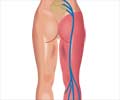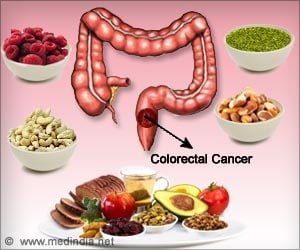Rutgers study reveals CBD's potential to safely replace opioids for dental pain relief, marking a groundbreaking shift in pain management.
- Rutgers study finds CBD significantly reduces acute dental pain
- CBD users report at least 50% pain reduction, surpassing traditional treatments
- Plans for a larger phase //III trial are underway, signaling a potential shift in dental pain management
Marijuana component offers opioid alternative by effectively treating dental pain
Go to source).
Historical Reliance on Anti-Inflammatory Medicines
Lead author Vanessa Chrepa, an associate professor at the Rutgers School of Dental Medicine, highlighted the historical reliance onCBD Effect on the Human Body
The study also identified an increase in bite force among those who received CBD, suggesting an improvement in tooth function. Notably, participants in the CBD groups experienced more side effects such as sedation, diarrhea, and abdominal pain compared to the placebo group. Limitations in the study, including a small sample size, indicate the need for further extensive research to validate these findings and explore broader applications of CBD in pain management.Plans for a larger-scale phase III clinical trial are in progress, aiming to build on these promising results and fully understand CBD's safety profile in treating dental pain. Chrepa emphasized the need for follow-up research to explore additional applications, such as managing postoperative pain or combining CBD with other agents for enhanced pain relief. Despite the study's limitations, the robust results suggest a compelling case for using pure CBD, like Epidiolex, for dental pain management, with the anticipation of obtaining FDA approval for broader application.
“This study's robust results make a compelling case for CBD in dental pain management. A larger trial is the next step towards FDA approval.”
Reference:
- Marijuana component offers opioid alternative by effectively treating dental pain - (https://www.eurekalert.org/news-releases/1008198)
Source-Medindia
















